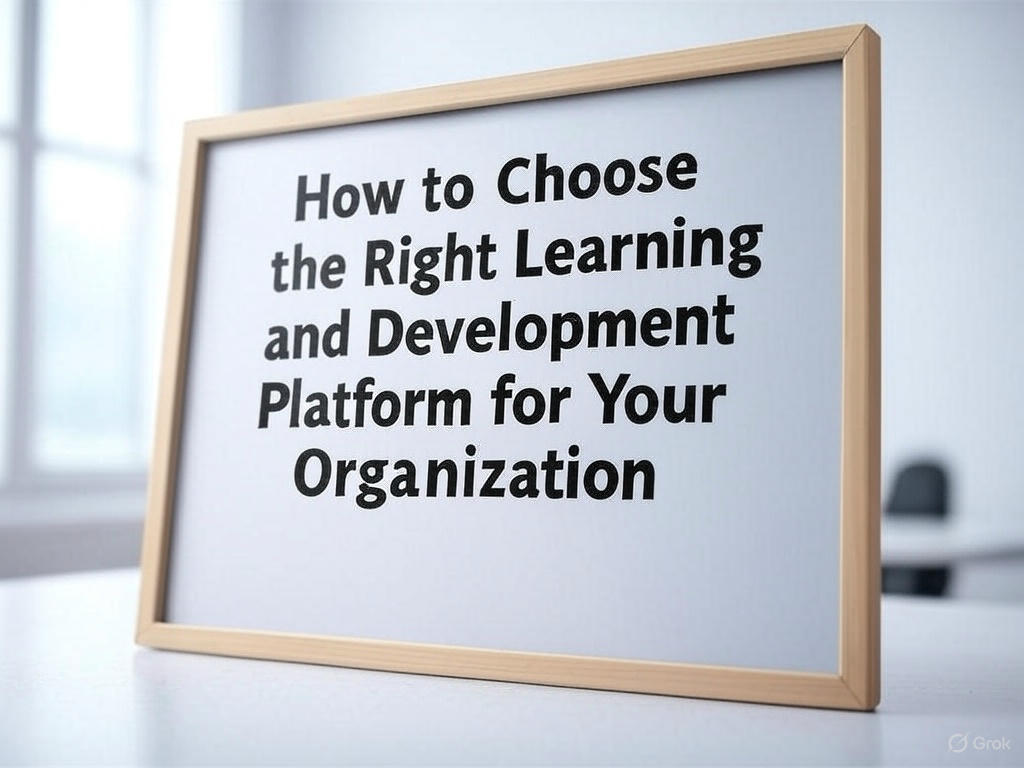With the ever-changing world of digital innovation, businesses gravitate towards new methods to engage their users. However, virtual event marketing is a key strategy for companies of all sizes. It provides a unique opportunity to build brand awareness, engage with target audiences, and drive customer loyalty. Advancements in technology allow virtual events to create an engaging experience for companies hoping to engage with a broader audience, all from home or their offices. So, read on and discover more about how virtual events help grow business, as well as practical, actionable items you can do to create successful experiences online.
The Rise of Virtual Event Marketing
In light of this drastically changing landscape, virtual events have become a potent marketing tool as more people use online platforms for communication and business. Unlike conventional in-person events, virtual events utilize digital technologies to facilitate remote connection, making them available to people globally. Whether a webinar, product launch, or large-scale conference, virtual events afford businesses the flexibility and reach that help them connect with their audience in real time.
As things become increasingly digital, old-school marketing, from in-person events to handing out flyers, is becoming less successful. Virtual event marketing offers an alternative that is not only cost-effective but can also be designed to reach a far larger audience. One of the significant advantages of virtual events is the considerable reach you can get, accessing potential global markets free from the constraints of physical proximity.
Key Benefits of Virtual Events for Brand Engagement
Increased Accessibility and Reach
One of the key benefits of organizing virtual events is the ability to engage with a diverse global audience. Thanks to the Internet, location no longer limits a business event; it can reach anyone anywhere without requiring travel or logistical problems to be resolved. This potential to pull in participants from multiple locations creates chances to market to new demographics and expand brand reach past nearby areas.
Cost-Effectiveness and Flexibility
Due to travel costs, venue bookings, and catering, physical events can be expensive. Virtual events do not incur these expenses, allowing for a far more economical venture, whether a small, medium, or large enterprise. The convenience of virtual events also enables companies to custom-fit their events to different audience types, adapting the format and content for various market segments.
Enhanced Data and Analytics
Virtual events offer insights that may not be provided in traditional in-person settings. Through event management software and digital platforms, businesses can monitor attendee behavior, collect feedback, and analyze engagement metrics. This abundance of data allows companies to fine-tune their marketing and subsequent events, optimizing campaigns for success and maximizing engagement.
Best Practices for Successful Virtual Event Marketing
Develop Engaging Content
Content is the key to any virtual event’s success. However, it does not stop here, as cementing a business presence requires something creative and innovative. This may involve live demonstrations, expert speakers, or interactive Q&A segments. Companies can maintain attendee engagement while delivering valuable information if they have entertaining content and promote discussions.
Promote Your Event Effectively
Businesses must utilize digital marketing techniques such as social media campaigns, email newsletters, and online ads. Creating anticipation for the event can help boost attendance and ensure the event attracts the right audience. Moreover, collaborating with influencers or industry celebrities might help enhance the event’s visibility and authenticity.
Create Networking Opportunities
Due to their nature, virtual events sometimes lack the networking options available in physical events. However, businesses can use tech to recreate this experience by establishing virtual networking spaces where attendees can engage with one another. This might involve chat rooms, virtual roundtables, or one-on-one meetings. Creating this community in virtual events allows businesses to bond with their audience.
Leveraging Virtual Event Marketing to Strengthen Brand Loyalty
Building Lasting Relationships
A significant part of virtual event marketing is the ability to create deeper connections between organizations/businesses and their clients. When done right, virtual events foster community and connections that extend past a single interaction. These insights will help create an image of the company that stays in touch with customers and remains committed to adding value, ultimately leading to greater brand loyalty from customers who appreciate a company that can listen and address their needs, desires, and pain points.
Creating Immersive Experiences
Businesses are now using advanced technologies like virtual reality (VR) and augmented reality (AR) to amplify the impact of virtual events. This can help companies develop cutting-edge experiences and maximize engagement for their employees and attendees, helping them stand out and creating a more memorable experience. This characteristic of “difference” allows for engagement that helps form a better understanding of your business offerings among your audience and your competitors in the same niche.
How Virtual Event Marketing Drives Business Growth
Engagement is only part of the picture regarding the effectiveness of virtual event marketing. Properly executed, these events can positively affect a company’s bottom line. Focusing on product presentation, providing valuable content, and building consumer rapport generates sales and creates a new revenue channel. When organizations use virtual events effectively, they make a space for lead generation and can authentically engage with potential customers.
Hosting virtual events allows businesses to form an ongoing bond with their audience. Post-event follow-ups, exclusive offers, and even encouraging continuous engagement can keep the brand in the public eye and increase the likelihood of repeat business.
Conclusion
Virtual event marketing is becoming essential for businesses wanting to engage their audience digitally. Virtual events are now an excellent way for companies to reach a global audience and scale their business by offering increased access, cheaper pricing, and more data insights. As a result, several suggestions for implementing virtual event marketing include providing the potential audience with high-quality content, a refined promotion, and interactivity that would leave an impact. The rise of virtual events will continue to change with technology, offering brands new ways to get closer to their customers and drive long-term relationships now and in the future.





